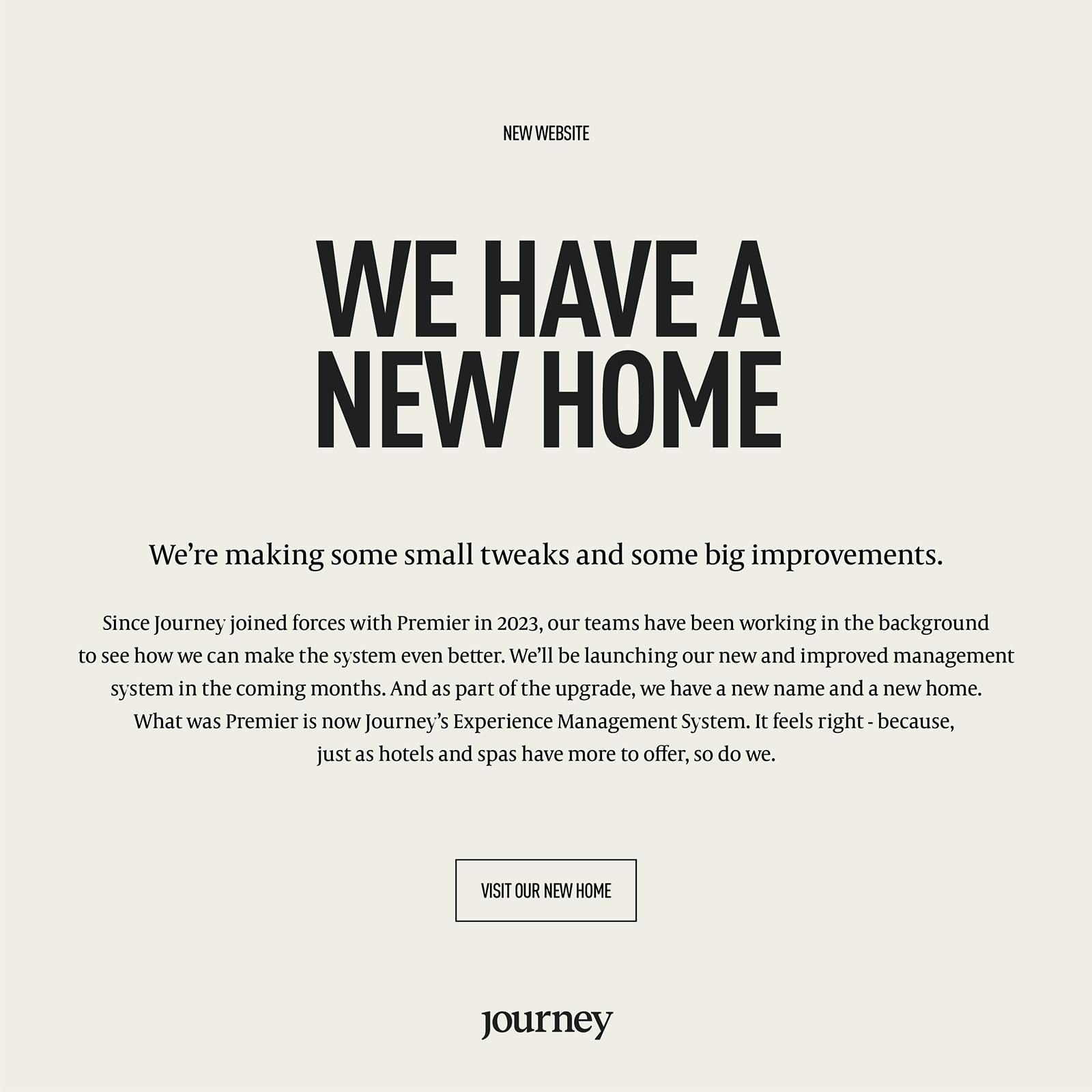Your mobile hair or beauty business has gone from strength to strength and now you’re ready to take the next step – leasing a salon. A lease will mean you can open a business by paying the owner for use of a property. But what should salon business owners know before taking on a commercial lease agreement? We share five important legal considerations to keep in mind so you aren’t caught short.
1: Should I consider leasing a salon short- or long-term?
If opening a salon, what are your plans for it once you have crafted your business strategy? Answering this question will help decide if you should take a short-term or long-term lease. For example, you may wish to open a salon to gain ownership experience or to see if the location is truly as suitable as your research suggests, meaning a short-term lease would be more beneficial. Short-term leases come with the benefit of not needing to be registered at HM Land Registry, making any legal fees much more affordable compared to long-term leases. On the other hand, you may be looking for more stability with a 10+ year plan in mind, meaning a long-term lease will be suitable.
2: What is a break clause when leasing a salon?
When leasing a salon (especially long-term), you may want to consider a break clause. This doesn’t mean outlining when you can take a break for a cup of tea and a biccy, however! A break clause allows you to terminate the agreement before the end of the term, on a set date and with a period of notice. Not all leases will have a break clause in, but they can be negotiated to include one. Whether you are taking on a lease or leasing out the salon, make sure any included break clause is carefully worded to avoid legal issues, such as the break date and if there are any further charges (and what those are).
3: What payment and charges are there when leasing a salon?
Speaking of charges, what rent do you pay and when? Salons often fall under an A1 commercial lease for retail premises, meaning rent is often paid quarterly or monthly, in advance. Keep in mind landlords can increase the rent too, usually reviewed every three to five years for a commercial lease. Make sure these details are clearly outlined when leasing a salon, including deadlines for payment and penalties for late rent, such as charges or eviction. Part of this will include any deposits for the property, should any damages occur.
It’s worth factoring in any additional charges too, such as any salon insurance set up by your landlord, business rates tax, or service charges. You may be asked to pay for the cost of maintaining areas of the building. Make sure you request any evidence needed to prove the cost of the service charge, such as bills or receipts from previous terms, as you don’t want to be charged for something that isn’t your responsibility!
4: Can I rent out treatment rooms if I take out a lease?
Think of it like this – would your landlord let you sub-let your property? Probably not. Most leases will therefore prevent you from renting out treatment rooms. However, you could negotiate this with the landlord so that you can issue a licence to people you are renting a space to. As chair renting would fall under a ‘property transaction’, these details should be outlined in your salon lease, rather than a self-employment contract. This will then let you maintain control of chair renters in your salon.
5: What happens if I want to offer different services later on?
Picture this: you offer fantastic hair treatments and now want to expand into beauty too… but your lease specifically outlines that you offer hair services. That means you’ll need to acquire a Deed of Variation that outlines your additional services. Of course, the easiest way to avoid this is to make sure this is worded appropriately in the original salon lease, giving you options later down the line.
After leasing a salon, you’ll need a system that can keep up with the new demand. Salon by Premier Software® can help manage your business with new treatment and room set up, staff rota creation, retail management, email and SMS marketing, reporting and more. To find out how Salon can help your business, book a free presentation below.

